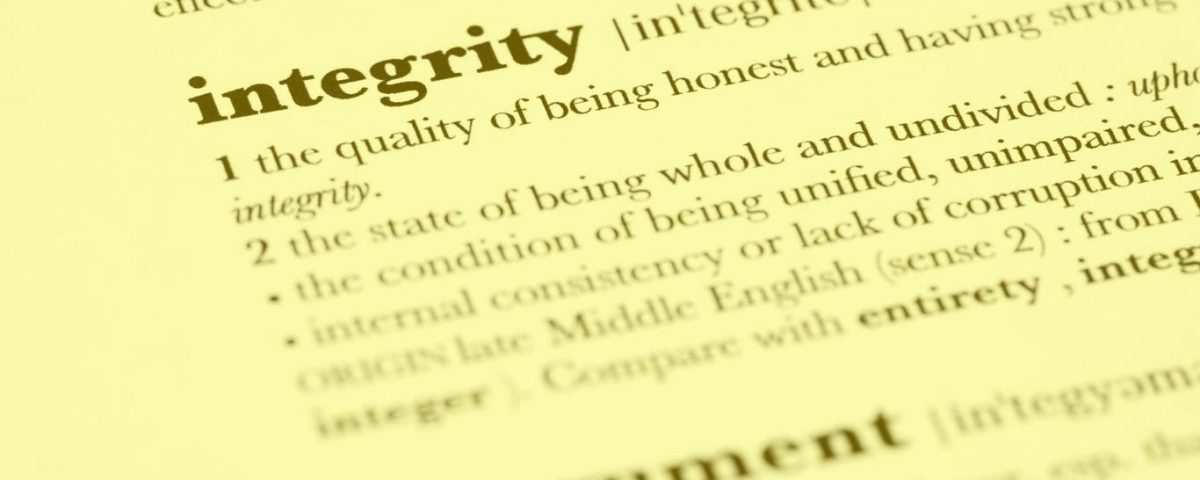Much aspired to but little understood, integrity is the subject of a major new report that aims to give organisational leaders and HR professionals the tools to embed a culture based on ethical values.
Although the concept of integrity features widely in organisational codes of conduct, the report authors argue that few people have a clear idea of what it means beyond a vague sense of values, or an awareness of what happens when it’s absent.
The extensive 94-page report is the work of Jim Baxter, James Dempsey, and Professor Chris Megone of the Inter-Disciplinary Ethics Applied at the University of Leeds, and Dr Jongseok Lee, a director at the Free Economic Zone in South Korea. The researchers and their team prepared the final document by combining a review of current academic literature with a large-scale online survey of chartered accountants, and almost 100 one-to-one interviews with various businesspeople.
Their research was published by ICAEW, a member of Chartered Accountants Worldwide. The report’s title is ‘Real integrity – practical solutions for organisations seeking to promote and encourage integrity’. The authors looked at ten aspects of an organisational environment that were found to have an effect in creating a framework to promote integrity.
The report also identified three themes that recurred throughout the research. These were:
- Unexpected effects: since some techniques may be positive or negative, the authors encourage leaders to monitor their organisation’s overall integrity.
- The big picture: any change in policy or intervention should have a clear aim, well communicated. Doing so makes it easier to check its effectiveness.
- Integrity breeds integrity: given the importance of ‘tone from the top’ in organisations, leaders must exhibit the kind of behaviour they want to encourage in others.
“As well as having employees with greater or lesser degrees of integrity, organisations can exhibit integrity by achieving consistency between their expressed values and what is genuinely valued within the organisation by valuing ethical behaviour and by taking a wider view of the social context in which they operate,” the report says. The full report is free to download below.













